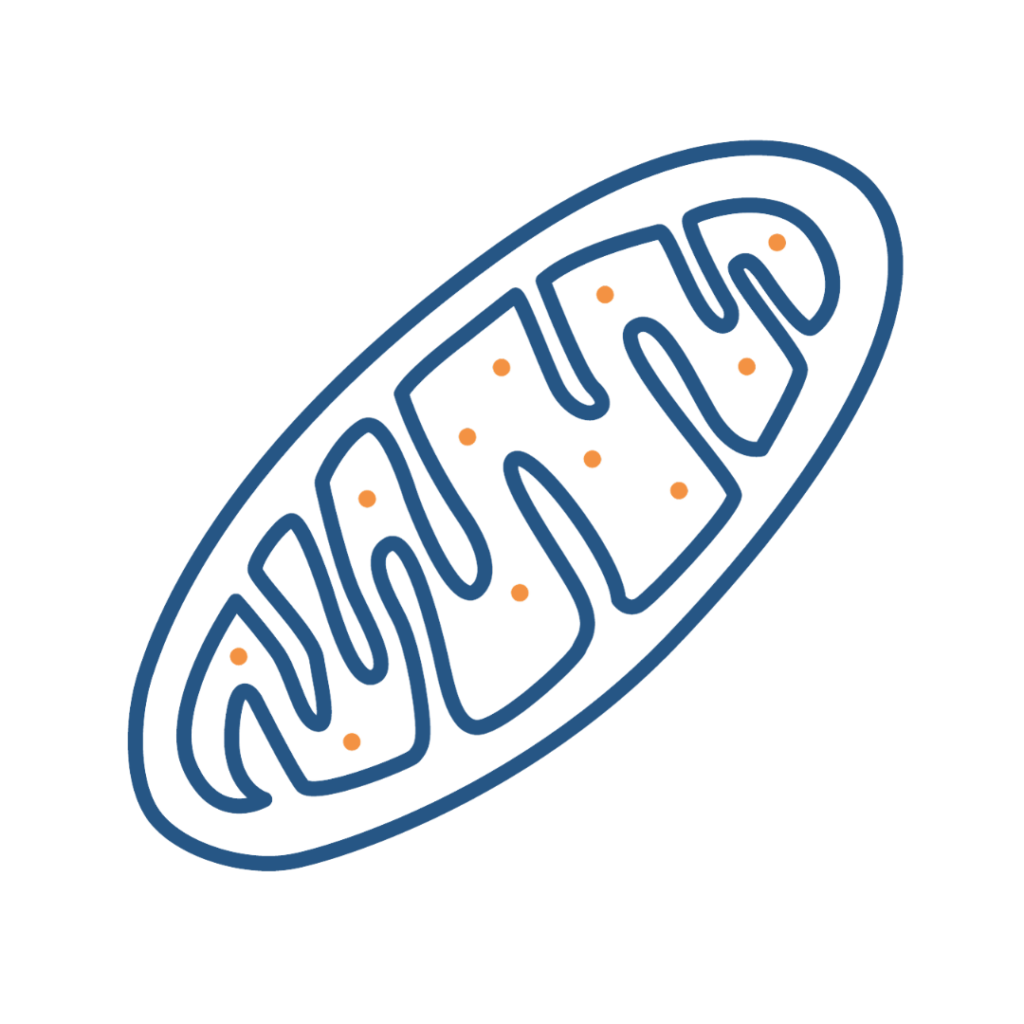LIMITED TIME SPECIAL OFFER
ACCESS THE ADVANCED MITOCHONDRIA COURSE RIGHT NOW FOR ONLY $97 – SAVE $400
- 00Days
- 00Hours
- 00Minutes


Mitochondria
Hack your cellular health to get more energy and live a healthier and longer life!
Age backward with healthy mitochondria!
Brain fog? Memory problems? It’s likely mitochondria.
Mitochondrial dysfunction is also found in chronic health issues.
In this course, you’ll learn the foods and nutrients you need to make healthy mitochondria, reduce oxidative stress, and learn how to nurture and protect those tiny energy factories in order to increase your resilience and staying power.
Course Overview
Unlock The Engine of the Cell
Discover the foods and nutrients you need to make healthy mitochondria, how to reduce oxidative stress, and nurture and protect those tiny energy factories in order to increase your resilience and staying power.
Just a few things you’ll learn in this Advanced Mitochondria Course
- Mitochondria anatomy, physiology, and biochemistry
- Common signs & symptoms of mitochondrial dysfunction
- Underlying causal factors of mitochondrial dysfunction
- Mitochondria support 101
- Mitochondria herbal support
- Mitochondrial testing
- Test interpretations and identification of basic patterns of dysfunction
- Strategies for intervention
- Case studies and further investigation
- … and so much more.
Tried Everything & Still Feel Tired?
Have you tried every diet hack, taken every supplement, and hacked your sleep cycles but still suffer from low energy?
You’ve got a mitochondria problem.
Known as the “energy factories of the cell”, your mitochondria are powerful and complicated little machines that turn food into the electrical energy your body needs to function. They that act like a mini digestive system that takes in nutrients breaks them down and creates energy-rich molecules (called ATP) for the cell.
Each cell in your body can contain up to 2500 mitochondria, and these mitochondria are easy targets for nutrient deficiencies, environmental toxins, and oxidative damage.
Your brain uses 70% of the energy created by the body. So when your mitochondria suffer, your brain function suffers.
What's Included....

5 hours on-demand video

Downloadable lesson videos

Downloadable course slides

Quiz at the end of each lesson

Mitochondria Quick Reference Guide

Bonus demo videos

Bonus handouts

Links to related content

4 PDU
*PDU = Professional Development Units
(like CEUs)
This course is open to the public and you do NOT have to be a graduate of the FDN Certification Course in order to learn more about Mitochondria health.
LESSON-By-LESSON: Nurture and protect your mitochondria in order to increase your resilience and staying power
Explore the course!
-
Lesson 1 | Basic Mitochondria Physiology
General biology that you’ll need as a foundation before going deeper into mitochondria biochemistry.
-
Lesson 2 | Deeper into Mitochondria Biochemistry
We go deeper - more advanced and more detailed information on mitochondria. We will also go into to optimize the efficiency and the function of the mitochondria.
-
Lesson 3 | When Things Go Wrong
What happens to mitochondria when things go wrong. The mitochondria is the bridge between our lifestyle (diet, exercise, stress control, sleep, mood, fun and joy) and our organ systems (adrenals, digestion, blood sugar, elimination, immune and hormones). If something is off balance in our lifestyle factors, the mitochondria won't be supported. If something is wrong with the mitochondria, the organ systems of the body won’t be supported. There are many causes and many manifestations of mitochondrial dysfunction - therefore there are many things that can go wrong. Symptoms of mitochondrial deficiency. All chronic diseases lie in mitochondrial dysfunction.
-
Lesson 4 | Supporting the Mitochondria
How to support the mitochondria with nutrients, supplements, and herbs.
-
Lesson 5 | Mitochondria Blood Chemistry Panels and Patterns of Dysfunction
How to use blood chemistry and the OAT test to look for patterns of mitochondrial dysfunction. The labs also elucidate underlying causes of dysfunction in organ systems.
-
Lesson 6 | Case Study Review
A case study of a 35yo female and demonstrates how to use what you’ve learned.
Frequently Asked Questions
The course, itself, contains 5 hours of video teaching. So if you watch it from start to finish, that’s how long it would take to complete, plus 5-10 minutes per module for quizzes. If you really want to dig in and understand the content, I recommend applying the old college rule: 2 hours of studying for every 1 hour of teaching (15 hours total). If you take full advantage of the bonus content and resources in the Clinical Toolkit, you could easily add another 5-10 hours (20-25 hours total).
No! Anyone qualifies to take this course.
Absolutely! This course will give you an understanding of how mitochondria function, their impact on the human body, and how to heal your body by healing your mitochondria.
Yes! This course will give you an understanding of how mitochondria function, their impact on the human body, and how to heal your clients’ body by guiding them in healing their mitochondria.
Hack Your Health
Get started on learning to hack your cellular health to get more energy and live a healthier and longer life!
Learn the foods and nutrients you need to make healthy mitochondria for you and/or your clients!

